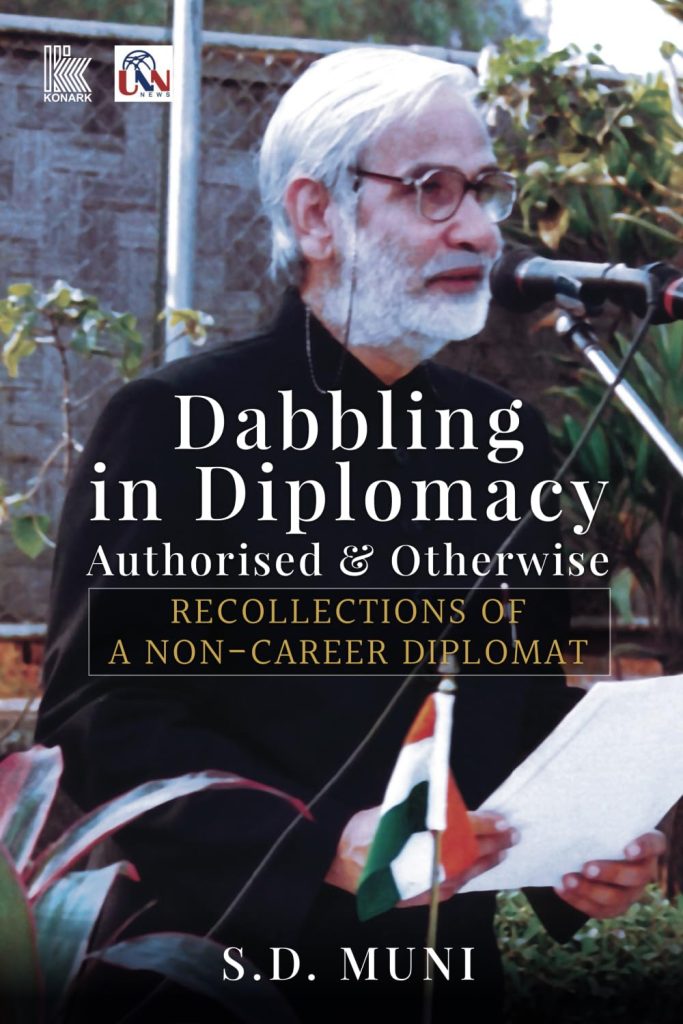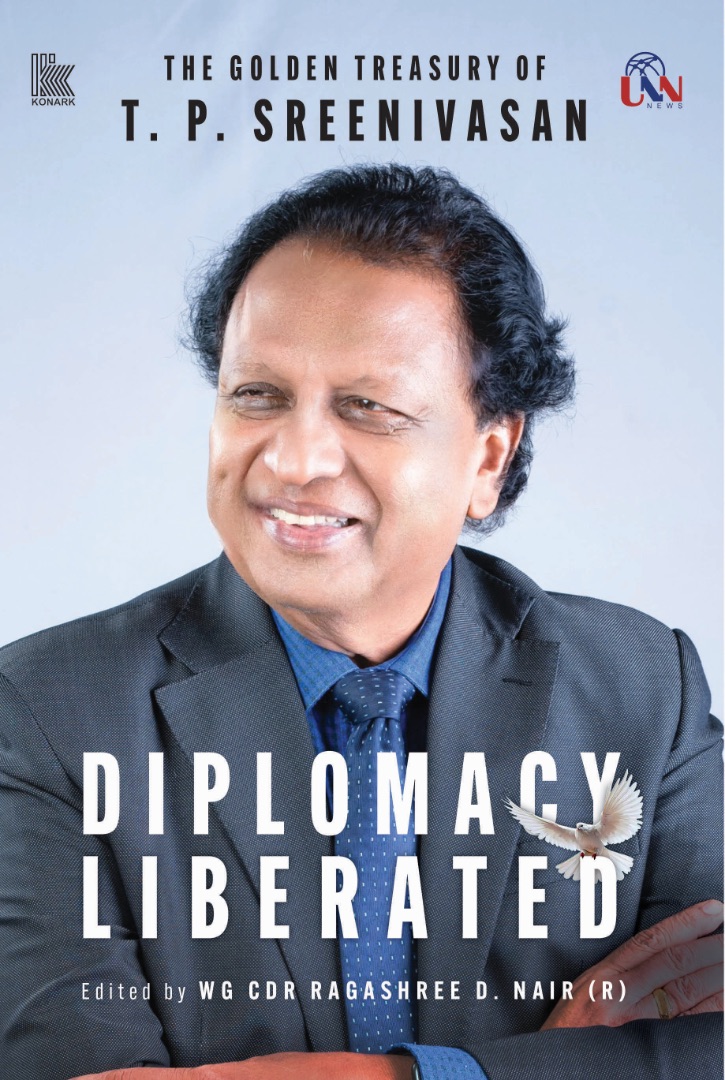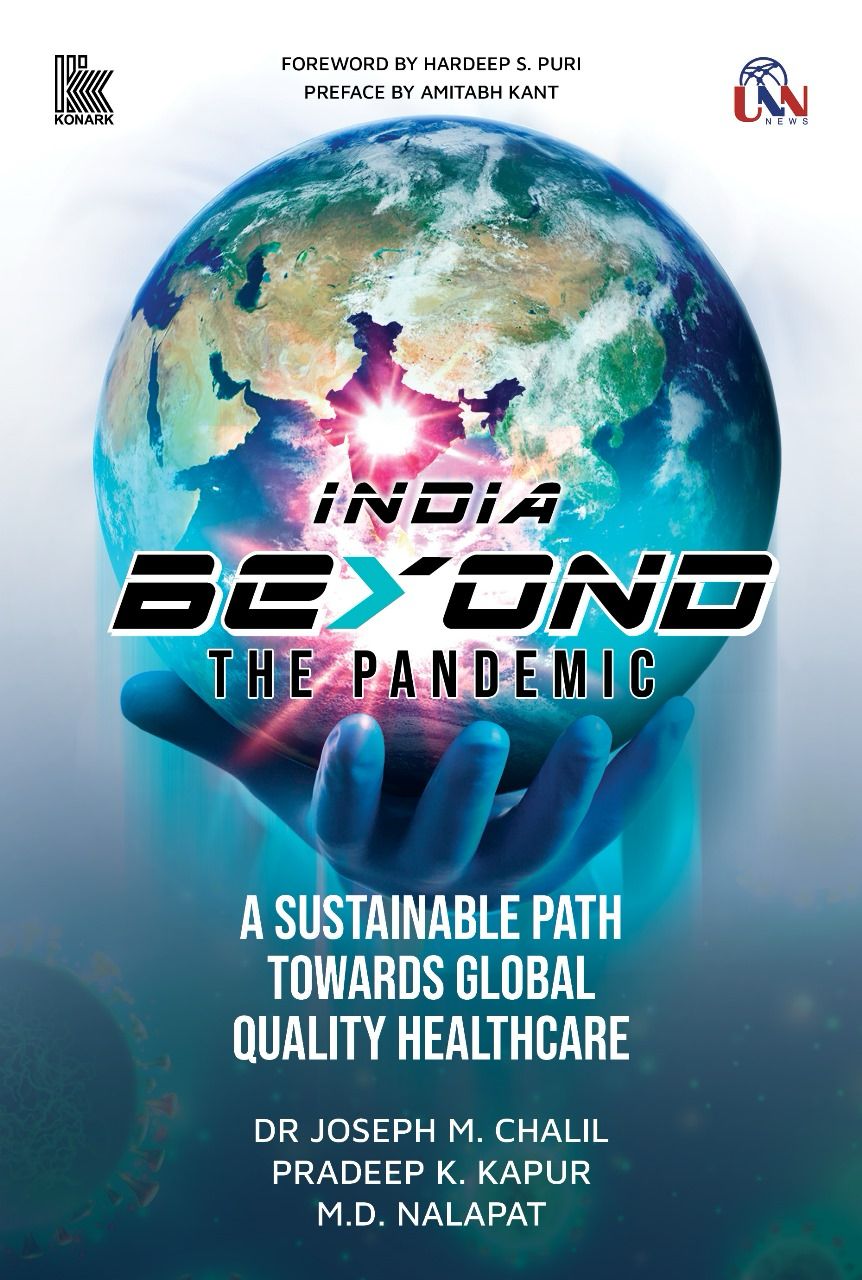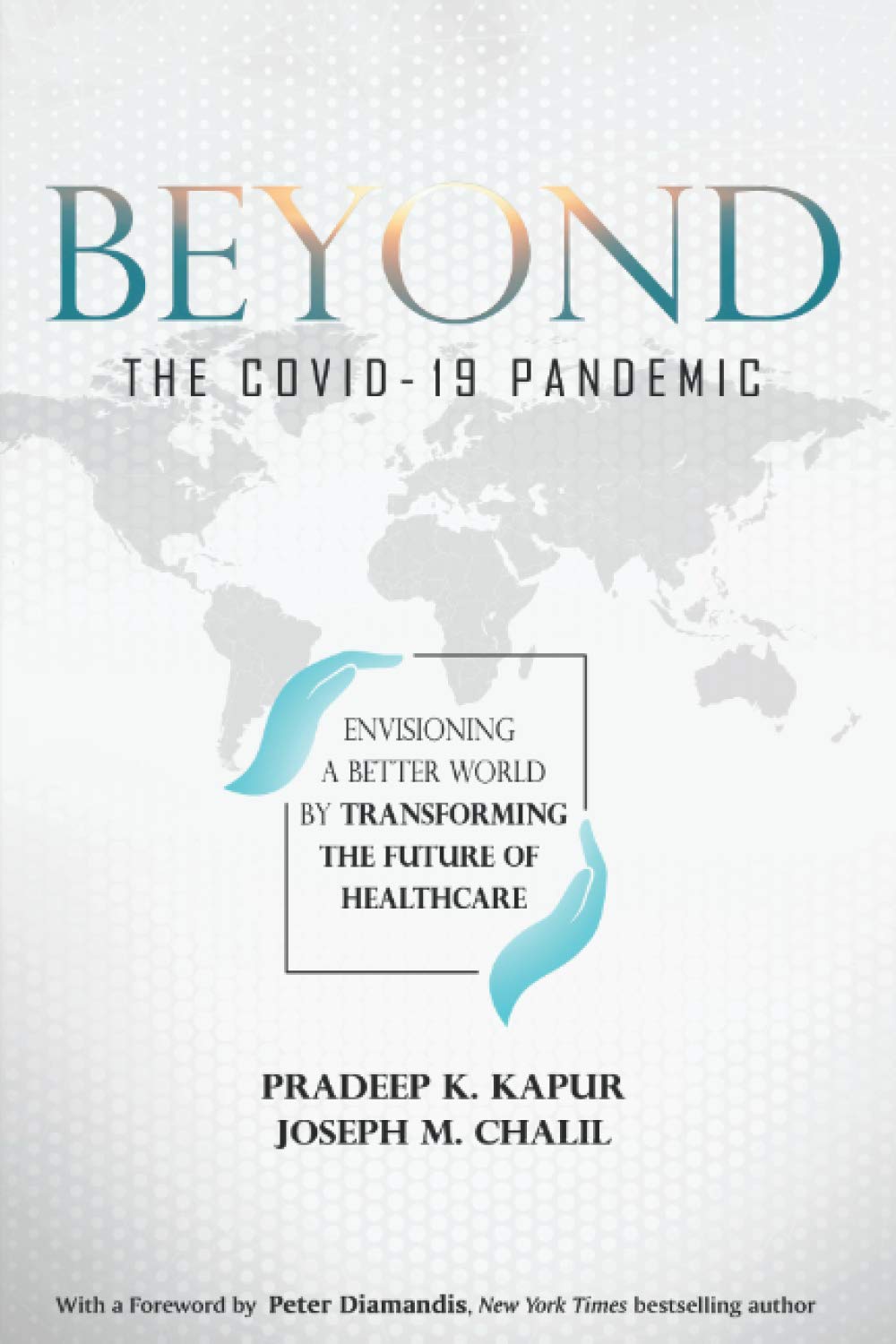India’s stock market, which had emerged as a safe harbor when U.S. President Donald Trump’s sweeping tariff hikes rattled global markets in April, is now witnessing a cooling of investor enthusiasm. The country’s relatively insulated $5.4 trillion equity market initially benefited from trade uncertainties elsewhere. However, with trade tensions easing and other Asian markets gaining traction, the motivation to hold India’s highly valued shares is diminishing.
Concerns about slowing earnings growth are taking the sheen off India’s market rally, especially as Chinese stocks listed in Hong Kong gain momentum and attract global capital. These developments come at a time when India’s markets offer limited exposure to the rapidly advancing artificial intelligence sector, making them less appealing to investors seeking growth in tech-related areas.
Together, these factors suggest Indian equities may be poised for a prolonged period of underperformance compared to their Asian counterparts. This comes after a robust four-year bull run that saw Indian shares reach record highs.
“This is not the year for India,” remarked Amol Gogate, an emerging markets fund manager at Carmignac in London. “Overall, 2025 is going to be tough as India doesn’t have a lot going for it compared with other markets such as China,” he added.
India had initially shown strong resilience to global disruptions triggered by Trump’s tariffs and was the first major economy to fully recover from the losses those policies inflicted. But in the rebound that followed the market dip in April, the MSCI India Index has lagged behind the broader Asian rally.
As the first half of 2025 comes to a close, India’s MSCI index has risen by 6.3 percent. That gain, however, falls short of the MSCI Asia Pacific Index, which has outpaced it by nearly six percentage points. Meanwhile, Chinese shares traded in Hong Kong have surged by 20 percent this year. Their ascent is largely attributed to progress in artificial intelligence and an influx of exciting new listings.
One of the major sticking points for investors looking at India is its steep valuations. The MSCI India Index currently trades at close to 23 times projected earnings, which makes it among the costliest stock markets globally. This figure is well above the five-year average of 21.5. Compounding the concern is India’s relatively modest earnings growth outlook, especially when compared to regional competitors like South Korea and Taiwan, according to Bloomberg data.
“We don’t have an overweight allocation to India and that’s mainly because of valuations,” said Jian Shi Cortesi, a fund manager at GAM Investment Management in Zurich. “We like the country for its longer-term potential but right now valuation is even more stretched than in the past,” she noted.
Despite the headwinds, some investors who focus on medium- to long-term horizons still find compelling reasons to stay optimistic about India’s prospects. The country remains the fastest-growing major economy and benefits from a robust domestic market, both of which continue to make its equity space attractive for certain players.
“We still believe in the long-term growth potential of India and usually take dips as buying opportunities for Indian stocks,” said Joohee An, chief investment officer at Mirae Asset Global Investments in Hong Kong.
Yet, recent foreign capital flows suggest that confidence is wavering. The sharp rally that took Indian markets to new highs in late September has raised alarms about stretched valuations. In response, global investors have reduced their stakes by almost $9 billion in 2025 alone. According to data compiled by Bloomberg, India is now on track to record its first consecutive year of foreign outflows since 1999.
Investor sentiment appears subdued across other financial instruments as well. The Indian rupee, for instance, has seen a minor decline against the U.S. dollar this quarter. This places it among only two Asian currencies to have weakened during the same period. In the bond market, foreign investors have pulled back significantly, reducing their holdings in Indian index-eligible debt securities by $3.4 billion since April.
“Earnings are performing in line with expectations but you need faster growth and positive profit revisions to justify continued expansion of valuation multiples,” said Alan Richardson, a senior portfolio manager at Samsung Asset Management Co. He added, “I am surprised the market even managed to recover so fast from the April lows on narratives with little change in fundamental growth.”
In essence, while India’s long-term economic narrative remains appealing, the immediate outlook has become less convincing for global investors. High valuations, tempered earnings expectations, and a lack of exposure to emerging themes like AI are diminishing its appeal relative to faster-growing or more attractively priced markets in Asia. The landscape for Indian equities in the second half of 2025 could well hinge on whether the economy can surprise investors with stronger growth or compelling sectoral developments.




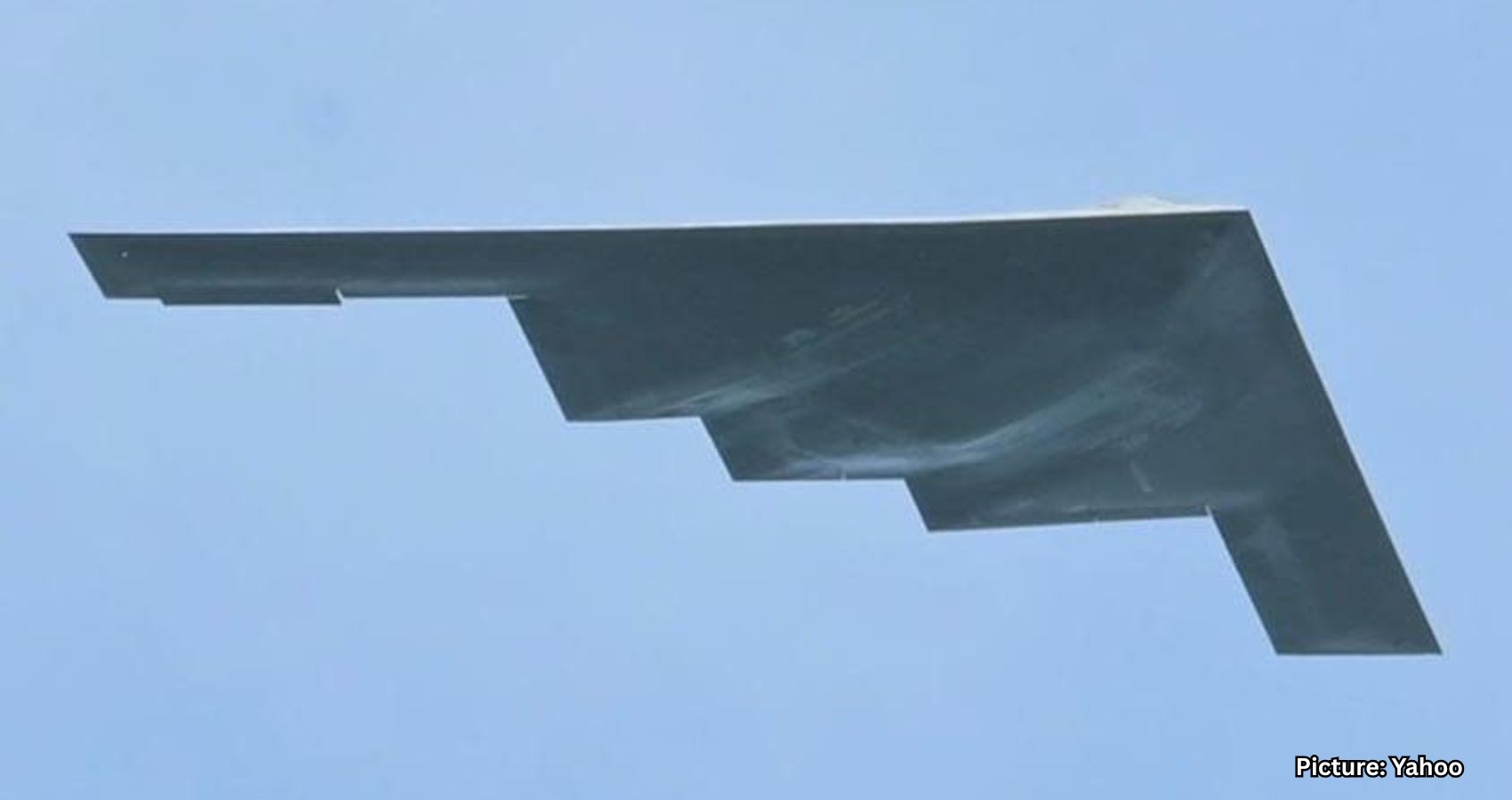
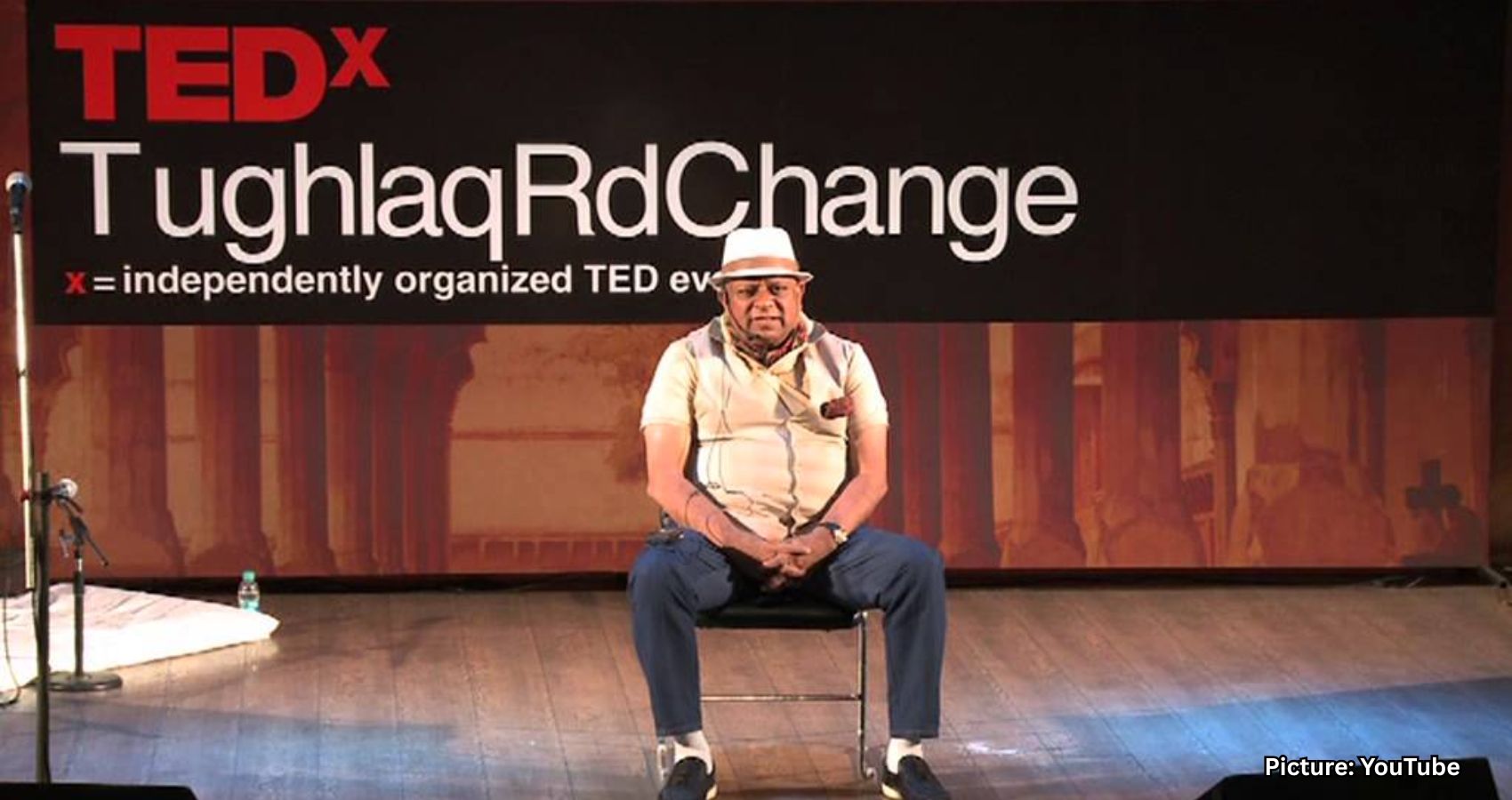


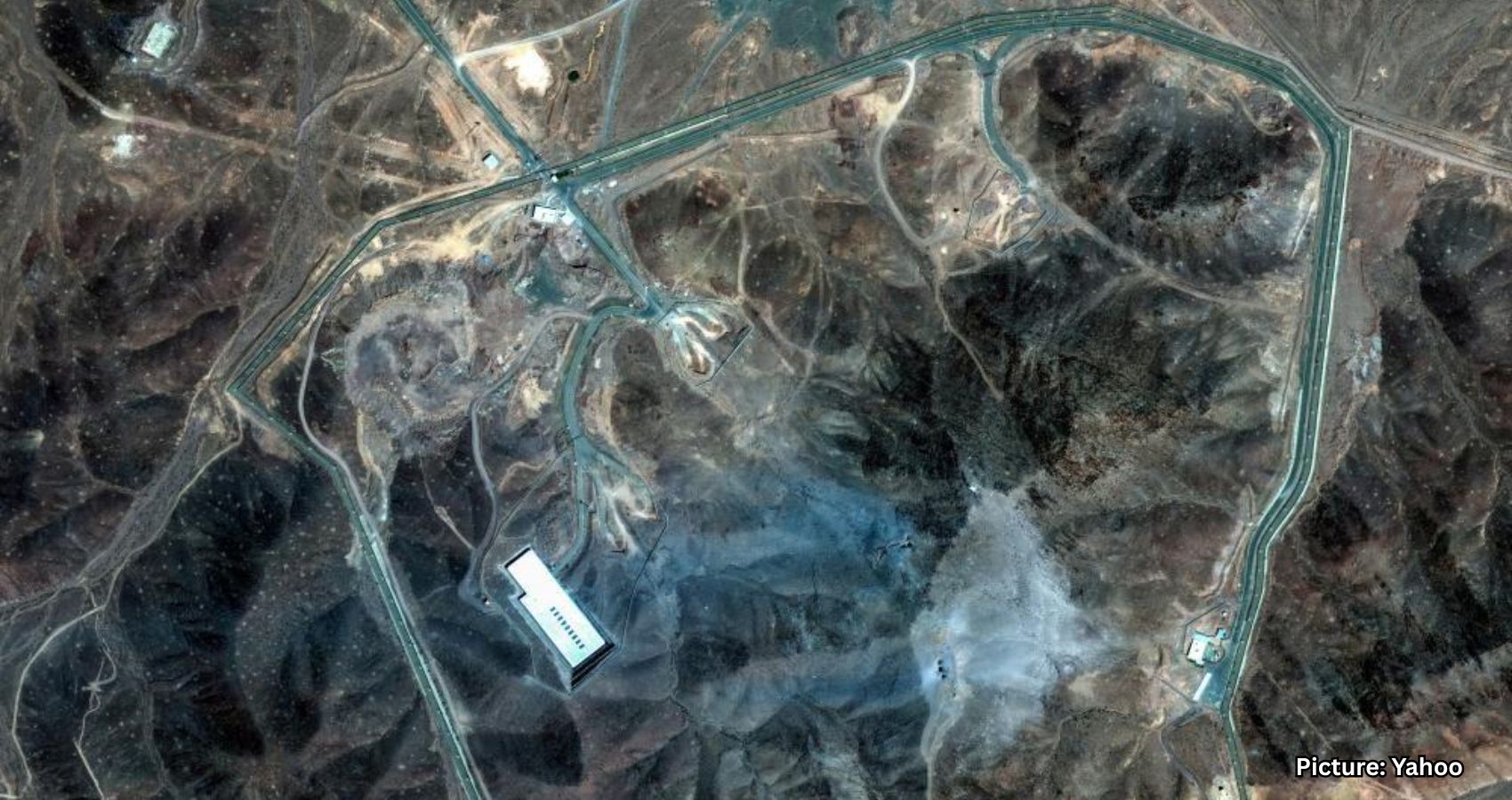


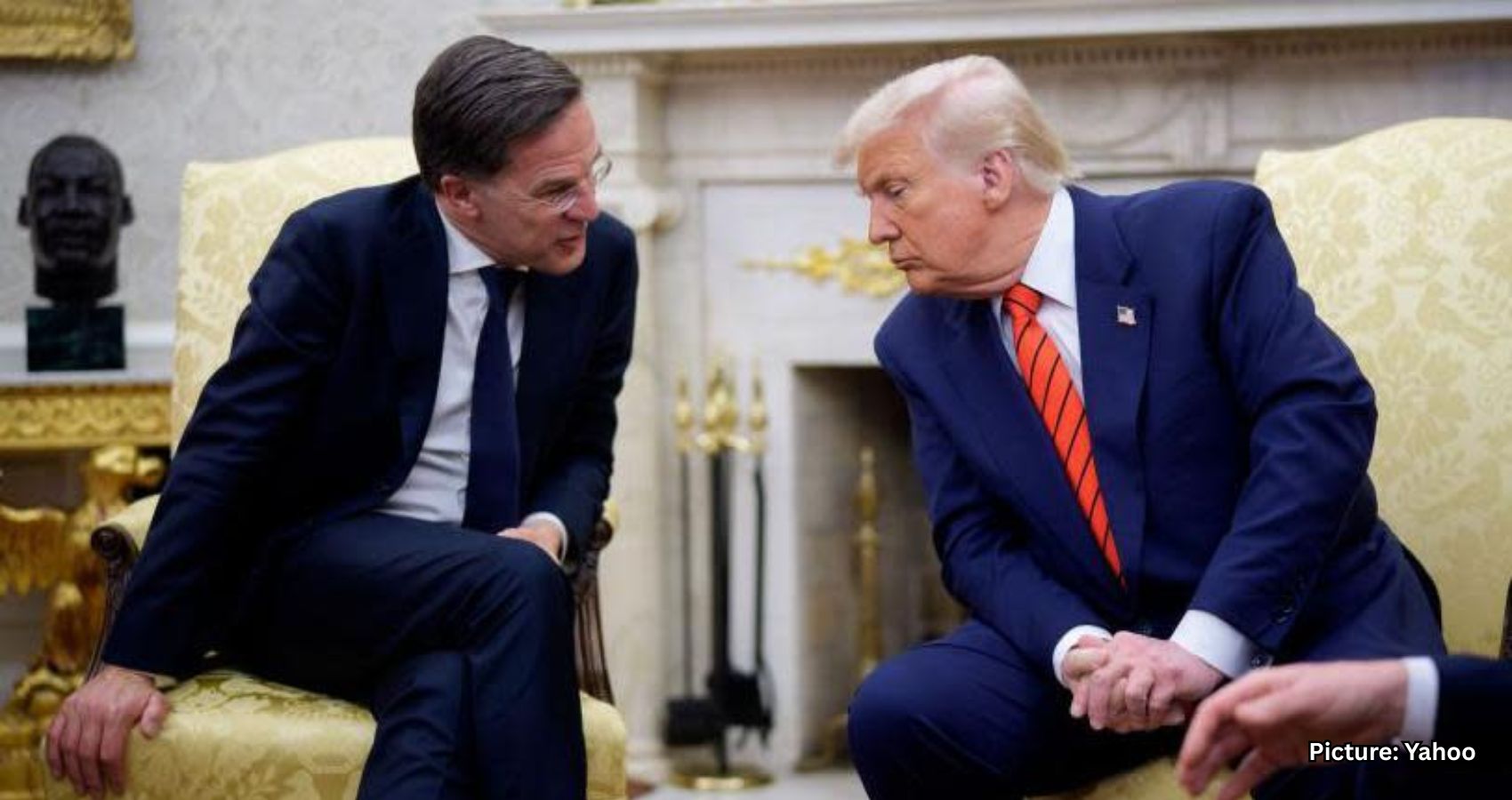



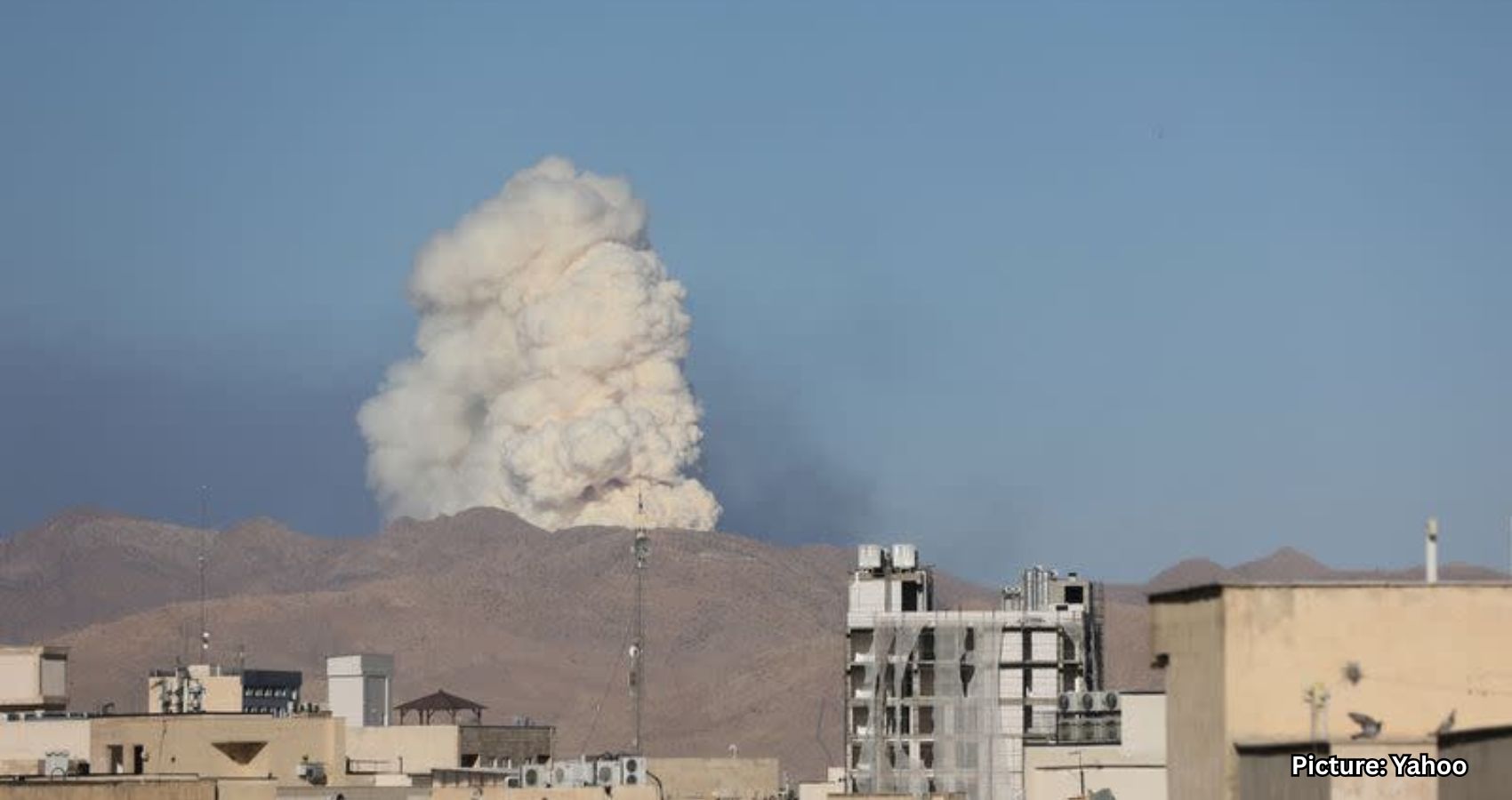
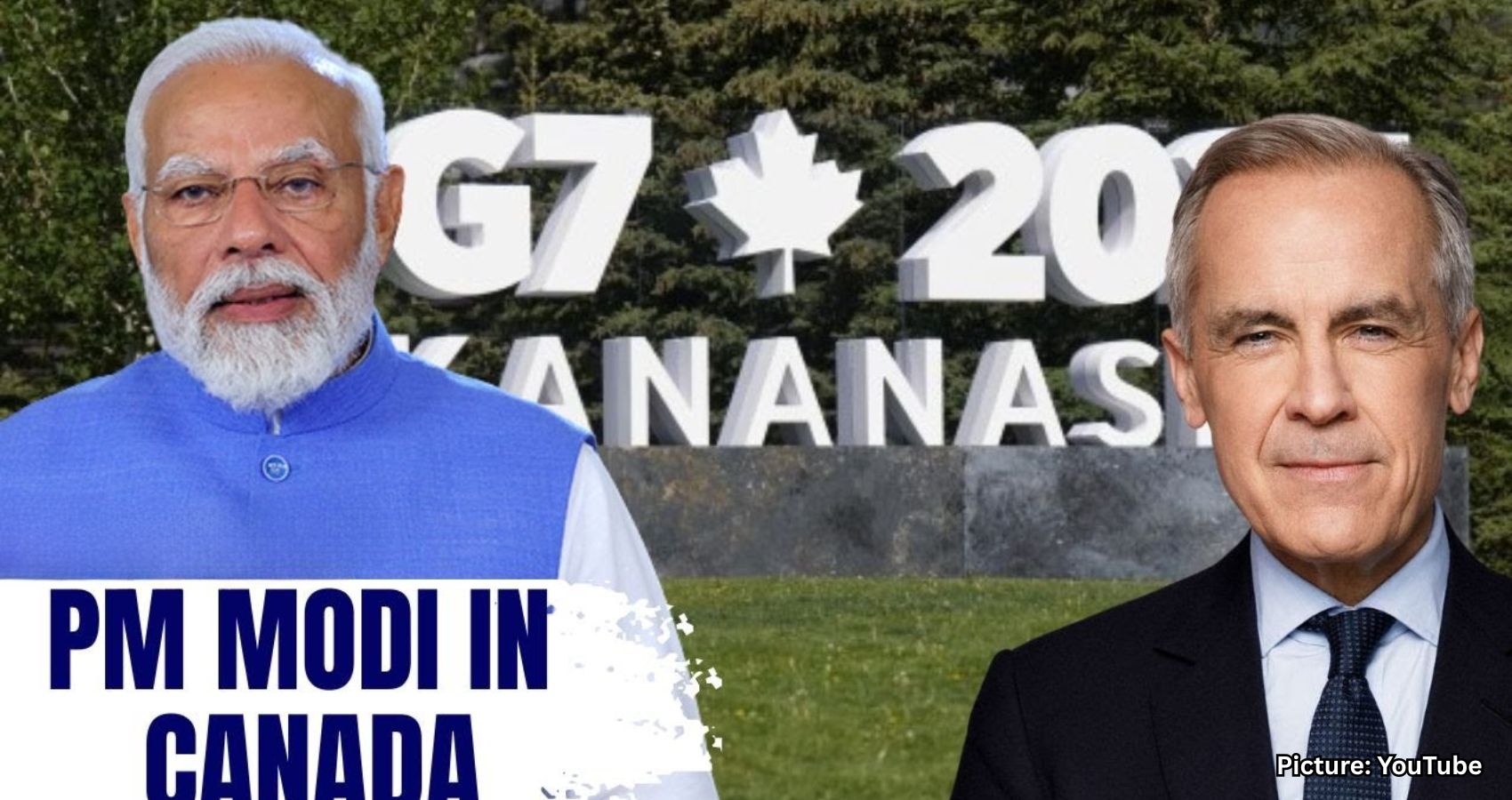
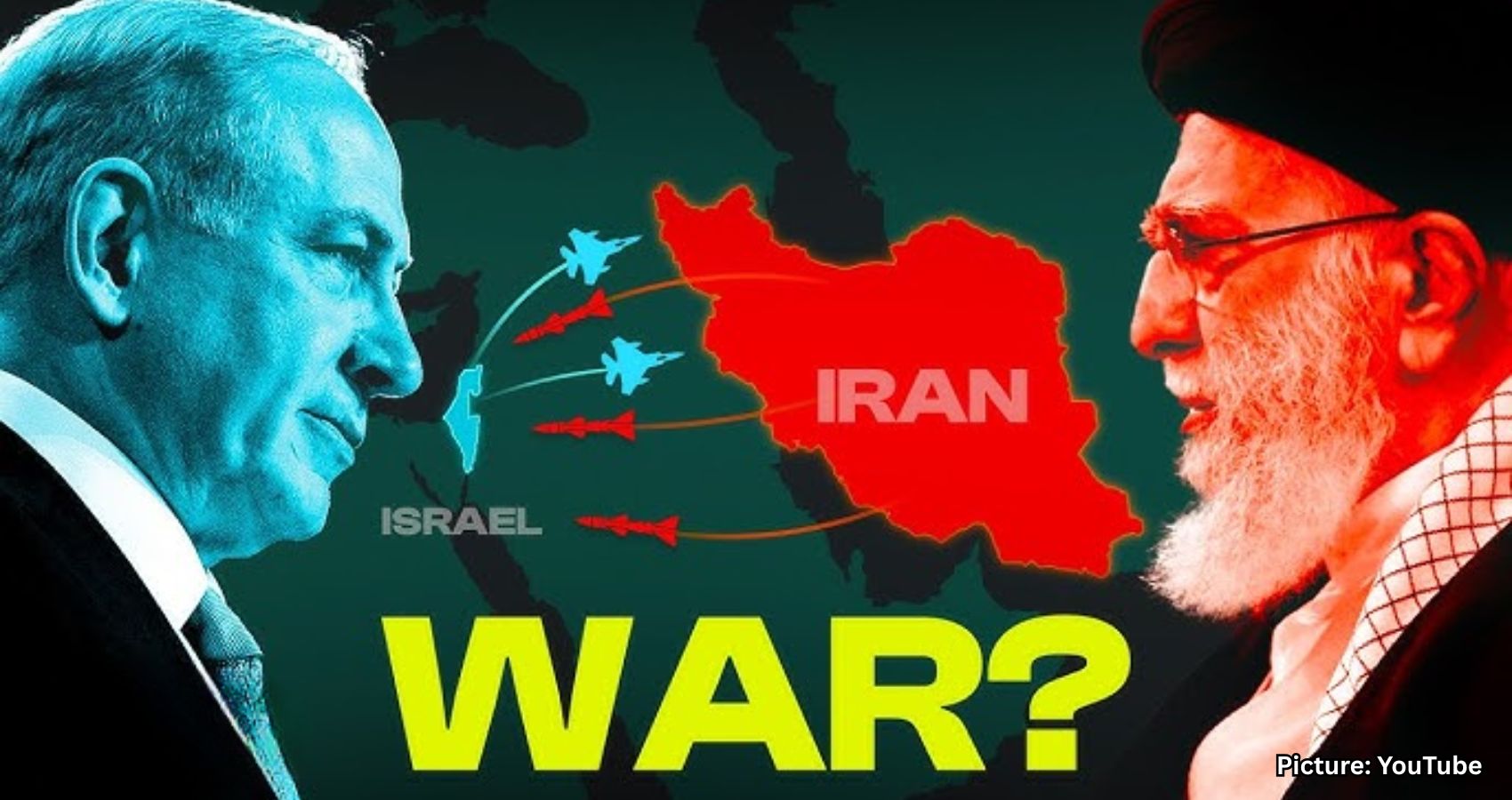
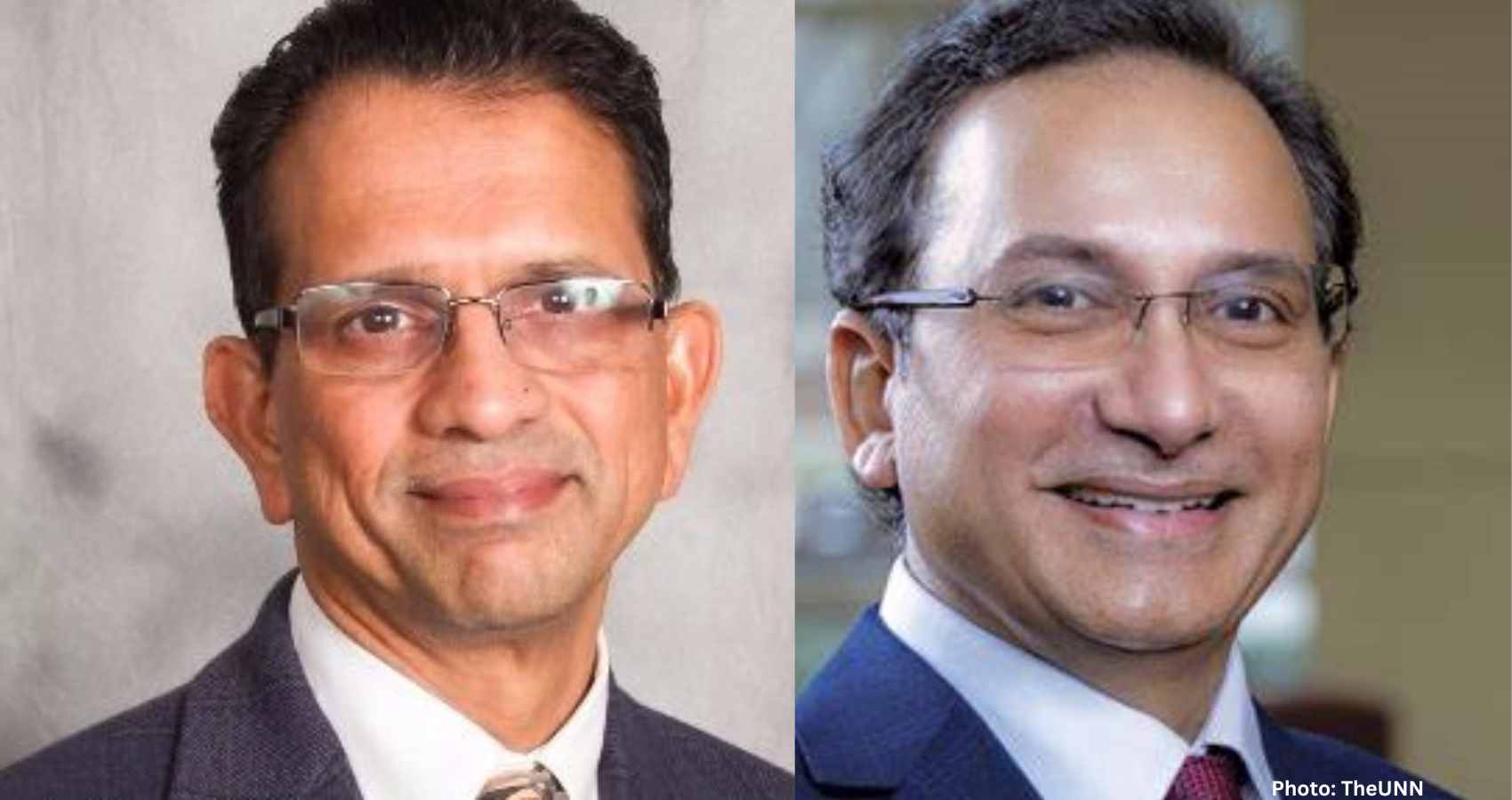





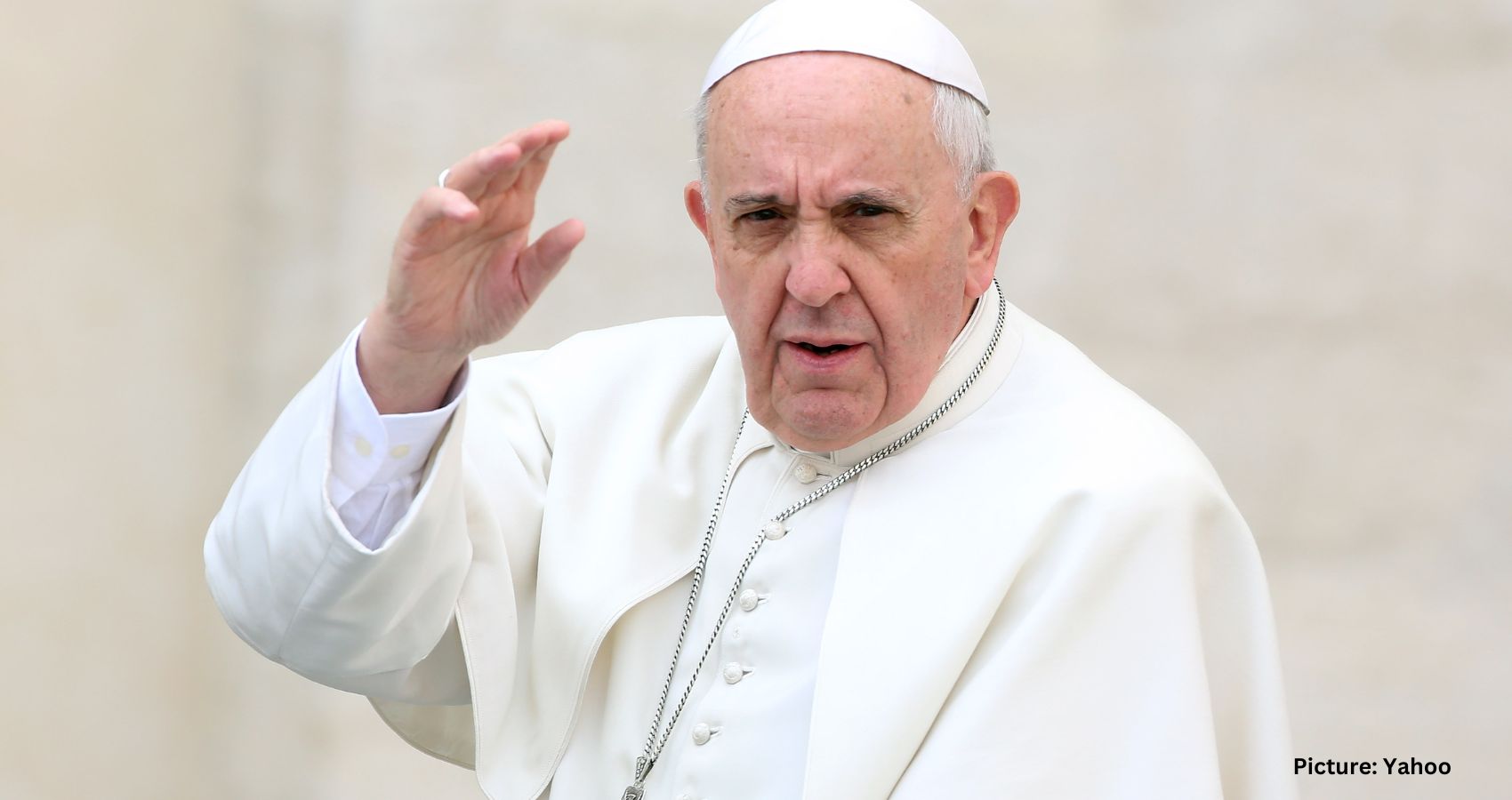





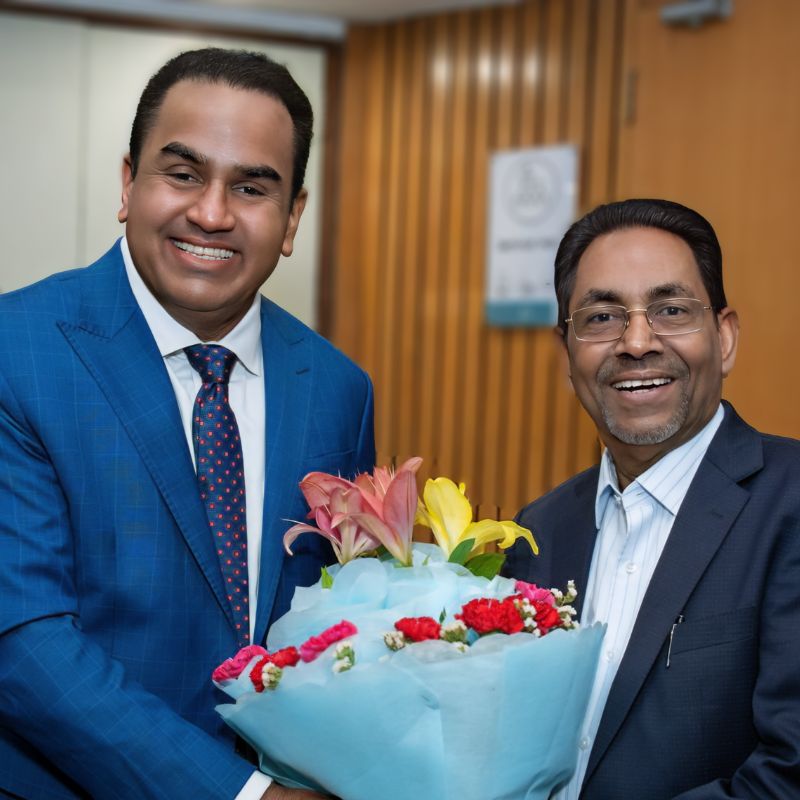 Ambassador S.D Muni, a renowned expert in South Asian politics and international relations, offers readers an unparalleled glimpse into the world of diplomacy. His memoir, “Dabbling in Diplomacy: Authorised & Otherwise” provides an insider’s perspective on critical political developments in South Asia, including Nepal, Sri Lanka, Bhutan, and Laos. The book combines Prof. Muni’s extensive academic knowledge with his personal experiences, making it a compelling read for scholars, policymakers, and anyone interested in international affairs.
Ambassador S.D Muni, a renowned expert in South Asian politics and international relations, offers readers an unparalleled glimpse into the world of diplomacy. His memoir, “Dabbling in Diplomacy: Authorised & Otherwise” provides an insider’s perspective on critical political developments in South Asia, including Nepal, Sri Lanka, Bhutan, and Laos. The book combines Prof. Muni’s extensive academic knowledge with his personal experiences, making it a compelling read for scholars, policymakers, and anyone interested in international affairs.